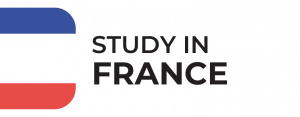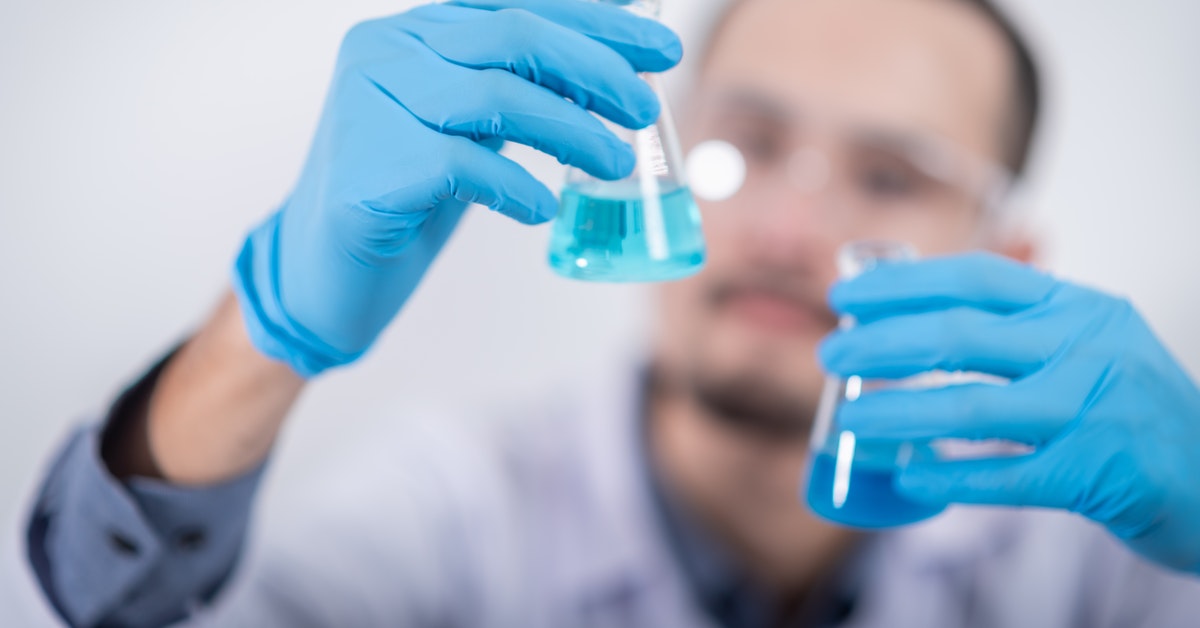Studying in France can be an enhancing experience in terms of getting a degree, whether it is undergraduate or postgraduate. The thriving student life in France attracts students from all over the world to pursue their higher education studies and even find employment at France’s top-tier institutions. When it comes to studying the field of science, France offers a wide range of universities, many of which rank among the top universities worldwide. The field of chemistry belongs to one of the most prestigious departments, and below you can find some of the best options for you to pursue a career in chemistry.
Here are some of the top universities in France for chemistry:
University of Strasbourg
The Faculty of Chemistry at the University of Strasbourg welcomes around 600 students worldwide every academic year. This department designs its curriculum around the most crucial factor in the world of chemistry: applied research. The chemistry institute at Strasbourg comprises graduate students getting their doctorate or post-doctorate degree, along with researchers and professor researchers.
The teaching syllabus includes laboratories offered in collaboration with the CNRS (the French National Centre for Scientific Research). The faculty is arranged around chemistry research teams which are:
- Organic Synthesis.
- Quantum Chemistry, Molecular Modeling and Chemoinformatics.
- Chemistry of Transition Metals and Homogeneous Catalysis.
- Analytical Chemistry.
- Supramolecular Chemistry.
- Polymer and Materials Chemistry.
- Physical Chemistry and Spectroscopy.
- Solid State Chemistry and Catalysis.
- Chemistry and Pharmacy.
Sorbonne Universite
The faculty of chemistry focuses on the training and research unit of chemistry, as the entire course offered at this department. The department of chemistry at Sorbonne is closely connected to other scientific fields in the university such as physics, mathematics, biology, and medicine. These areas of study work together with the same purpose of scientific development.
The bachelor of chemistry at Sorbonne consists of fundamental learning in the first year, where students get acquainted with the basics of the discipline. By the second and third years, the syllabus further advances to practical and theoretical training in chemistry. The training is done with the help of the university’s laboratories available for students of all levels. An additional monodisciplinary program in the chemistry department is offered to students interested in the master’s level.
Claude Bernard University Lyon 1
At Lyon, students with a previously earned undergraduate degree in a similar field can apply for the Master of Science in Chemistry. The university invites students from France and all parts of the world to attend one of the most prestigious degrees in the university. To gain admission, applicants must provide evidence of an excellent academic record of their previous studies. Because of the competitive nature of this degree program, the greater the qualifications the higher the chances of admission.
The Institute for Molecular and Supramolecular Chemistry and Biochemistry (ICBMS) at Lyon 1 offers the program of Research Chemistry. More than 60 PhD candidates are part of this program, with several others getting a post-doctoral degree. The most prominent study fields in this department connect chemistry with biochemistry through a variety of courses:
- Synthesis, methodology and catalysis.
- Biomolecules: synthesis, properties and assemblies.
- Biological and biomimetic membranes, biocatalysis.
University of Nantes
At the University of Nantes, the Faculty of Fundamental and Applied Sciences is one of the most modern science faculty in France. The academic staff focuses on producing classes with the latest modern technology as the teaching method. There are both on-campus and online classes. Laboratories and practical classes make for the most important part of the Faculty of Fundamental and Applied Sciences courses.
When it comes to the department of chemistry, students can enroll at the undergraduate level and get the title of the Bachelor of Science in Chemistry. The Bachelor of Science at Nantes University takes three years to complete and the first year is merely an introduction to the basics of science in general. The University of Nantes offers the possibility of getting a double degree in both chemistry and physics.
University Paul Sabatier – Toulouse III
The University Paul Sabatier offers the Toulouse Institute of Chemistry – ICT as part of the Faculty of Science and Engineering. Based on research only, the Toulouse Institute comprises a number of research topics. The major areas include heterochemistry, transition metals, nano-objects, chemistry for life, supramolecular chemistry, and finally catalysis and energy.
Considering the significant number of graduate or doctoral students which sum up to around 400 in total, an equivalent number of the academic staff is also required. Around 20 professional engineers and technicians are responsible for the majority of ICT departments. The master of chemistry at ICT can choose one of the five available training fields:
- Analytical Chemistry and Instrumentation;
- Green Chemistry;
- Theoretical Chemistry and Modeling;
- Health Chemistry;
- Preparation for the Agrégation in Physics/Chemistry.
University of Aix-Marseille
The Faculty of Science comprises eight departments in total, with chemistry as one of the most important scientific disciplines. This department offers undergraduate students the opportunity to begin their journey of pursuing a career in chemistry by providing comprehensive and efficient programs. Applicants can choose between two bachelor’s degrees in the faculty of chemistry: Bachelor’s degree in Chemistry and Bachelor’s degree in Physics and Chemistry.
Aside from the baccalaureate degrees that the Aix-Marseille offers, there is a large number of further advanced degrees, which are listed below:
- Licence Pro Pharmaceutical, Cosmetological and Health Industries: Management, Production and Development.
- Master of Chemistry.
- Master of Process Engineering.
- Master Nanosciences and Nanotechnologies.
- ERASMUS MUNDUS Master Chemical Nanoengineering.
- Master CCI.
- The Doctoral School of Chemical Sciences.
- The “Physics and Material Sciences” Doctoral School.
Universite Grenoble Alpes (UGA)
Home to one of the world-class scientific laboratories in France, the faculty of science at UGA comprises a wide variety of departments including physics, chemistry, mathematics, biology, computer science, as well as earth and environmental sciences. They offer undergraduate, graduate, and doctoral programs. More than 5,000 students are enrolled in one of the degree levels at UGA, Faculty of Science.
After graduating with a bachelor’s in chemistry, students can advance professionally in the same department by enrolling in the master’s level and potentially later even a doctorate. The career prospects are endless, from engineering schools to health institutions and more, depending on personal preferences.
Note: As an international student, you can enroll in classes both in French and English, depending on the language proficiency qualifications.
University of Paris-Saclay
At the University of Paris – Saclay, master level students can choose between two master degrees in chemistry, M1 and M2 as listed by the university. The first master’s degree consists of two semesters, with the first semester being the introductory courses and fundamentals of chemistry as a science. Biophysics and analytical chemistry methods taught in the first semester prepare students for more advanced topics.
By the end of the second semester in the first master’s degree, students must register for an internship to get the full 30 ECTS credits, which are a requirement for graduation. The internship is either available at the university, within the campus or students can try and connect with institutions that offer such services. The internship must last for six weeks and it is usually held anytime during the following months: September, October, November, December, or January.
Université de Lille
The Lille University of Science and Technology offers a full-time chemistry program with a focus on the engineering aspect of this scientific discipline. The chemistry degree takes about two years in total to complete and a graduate must have 120 ECTS by the end of the program. The IUT offers only undergraduate programs in the field of science. Until now, a number of around 30,000 students have graduated with a degree in IUT.
Graduates of IUT at Lille University can find jobs in many fields of science depending on the degree and qualifications that they gain after graduation. Most career prospects usually ask for an additional master’s degree in chemistry or even a doctorate for a more prestigious job position.


